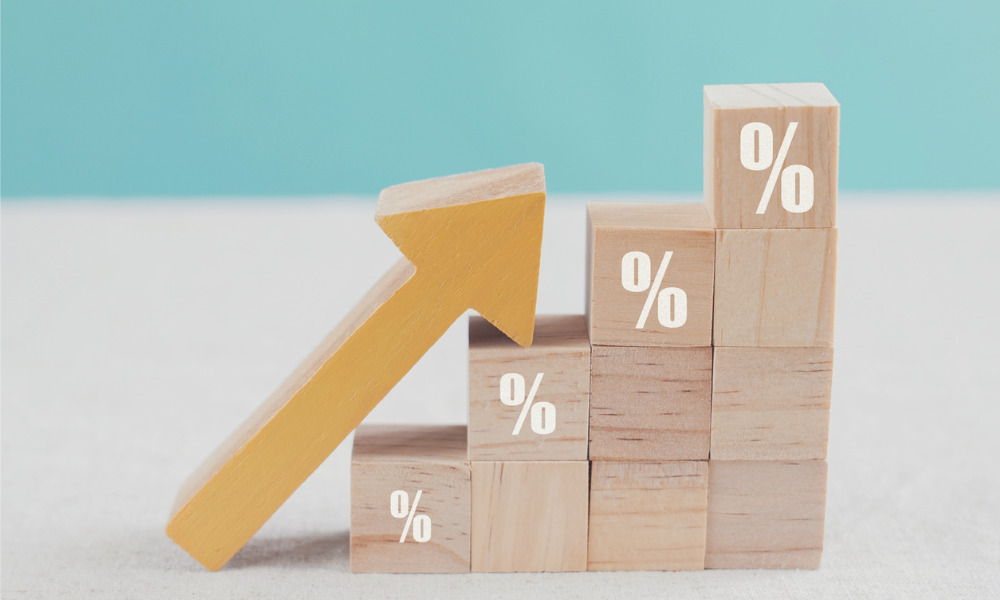

Vice President and Democratic presidential nominee Kamala Harris is calling for a more modest capital gains tax increase than what President Joe Biden had outlined in his 2025 budget, breaking from the administration's previous policy suggestion.
During an economic speech in New Hampshire Wednesday, Harris proposed raising the long-term capital gains tax rate to 28 percent for high-income earners, contrasting with Biden’s push to raise it to 39.6 percent for households with taxable income over $1 million, reported CNN and other news outlets.
The current long-term capital gains rate stands at 20 percent, with an additional 3.8 percent tax on higher earners. While still aligning with Biden on the importance of taxing wealthier individuals and corporations, Harris argued instituting a lower tax hike would help encourage investors to put more dollars in startups and small businesses.
"When the government encourages investment, it leads to broad-based economic growth and creates jobs which make our economy stronger," Harris said.
Aside from her capital gains proposal and supporting the billionaire minimum income tax, Harris put forward a series of measures intended to bolster small business creation. Among those is an expansion to the small business tax credit from $5,000 to $50,000, which would help defray the average startup cost of $40,000.
Harris is also pushing for other measures to help independent entrepreneurs, including streamlining the tax-filing process with a standard deduction for small business owners. That aligns with her lofty goal of receiving 25 million new small business applications during her first term, compared to the 19 million filed during the Biden-Harris administration.
Her proposed tax platform's other policy planks also float further assistance for households, including a $25,000 credit for first-time homebuyers and a $6,000 child tax credit for parents of newborns.
She's also in favor of some increased levies against companies, such as raising the corporate tax rate to 28 percent and quadrupling the tax on stock buybacks to 4 percent, a levy was created as part of the Inflation Reduction Act.

Despite a lighter regulatory outlook and staffing disruptions at the SEC, one compliance expert says RIA firms shouldn't expect a "free pass."

FINRA has been focused on firms and their use of social media for several years.

RayJay's latest additions bolster its independent advisor channel's presence across Pennsylvania, Florida, and Washington.

The deal ending more than 30 years of ownership by the Swiss bank includes six investment strategies representing more than $11 billion in AUM.

Divorce, widowhood, and retirement are events when financial advisors may provide stability and guidance.
How intelliflo aims to solve advisors' top tech headaches—without sacrificing the personal touch clients crave
From direct lending to asset-based finance to commercial real estate debt.
